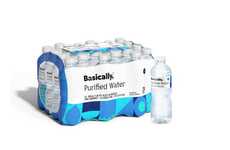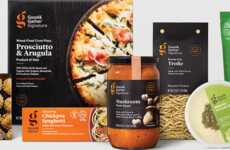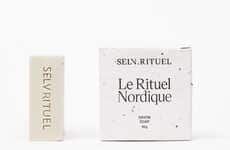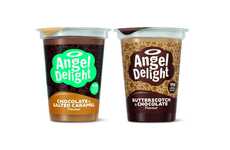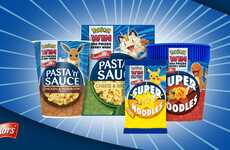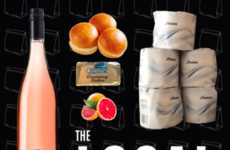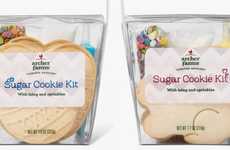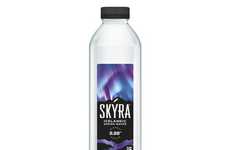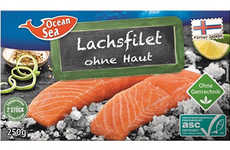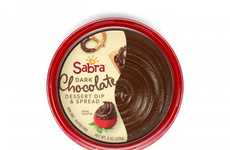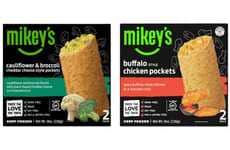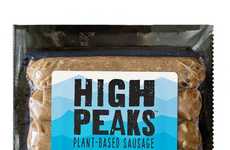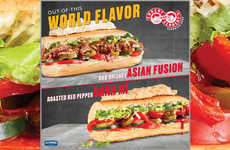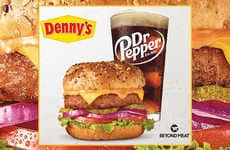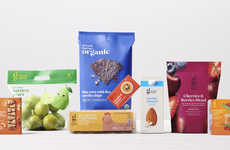
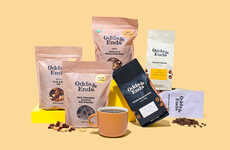


Amid the pandemic, private brands are expanding product offerings
Trend - Large retailer brands are expanding their private label offerings at reduced price points to entice shoppers. The expansion comes after retailers noticed an increase in private label purchasing from consumers amid the COVID-19 pandemic.
Insight - The pandemic prompted a surge in grocery buying as consumers were restricted from eating out as often, prompting stockpile purchasing habits. In addition, many consumers were laid off causing them economic hardship and increased budgeting. As a result of both of these circumstances, consumers explored new brands that offered the same products at reduced pricing, and these new shopping habits have not lost momentum once the economy began re-opening.
Insight - The pandemic prompted a surge in grocery buying as consumers were restricted from eating out as often, prompting stockpile purchasing habits. In addition, many consumers were laid off causing them economic hardship and increased budgeting. As a result of both of these circumstances, consumers explored new brands that offered the same products at reduced pricing, and these new shopping habits have not lost momentum once the economy began re-opening.
Workshop Question - How can your brand service the evolving shopping habits of consumers post-COVID?
Trend Themes
1. Private Label Expansion - Private label brands are expanding their offerings with fair price points to cater to new consumer behavior, which presents opportunities for new meatless alternatives or adding essential household items under the private label brand.
2. E-grocery Private Label Expansion - The demand for frozen snacks and health-focused items have presented opportunities for expanding private label brands in e-grocery, and industries such as food delivery and health and wellness supplements can take advantage of this shift.
3. Reusable and Affordable Private Label Products - Ethical and affordable private labels that reduce single-use plastic waste and food waste have appealed to customers, and businesses across industries should take note and invest in sustainable and eco-friendly options.
Industry Implications
1. Food and Beverage - The food and beverage industry can explore innovative ideas in meatless products, immunity building meals, and expanding organic and sustainable options with fair price points.
2. E-commerce and Retail - E-commerce and retail companies can analyze customer data and shopping behavior to plan competitive private label brands that cater to specific tastes and styles.
3. Sustainability and Waste Reduction - Manufacturing and packaging industries can invest in eco-friendly packaging and production methods to reduce waste and remain profitable.
6 Featured, 51 Examples:
53,594 Total Clicks
Date Range:
Feb 20 — Apr 22
Trending:
Average
Consumer Insight Topics:
